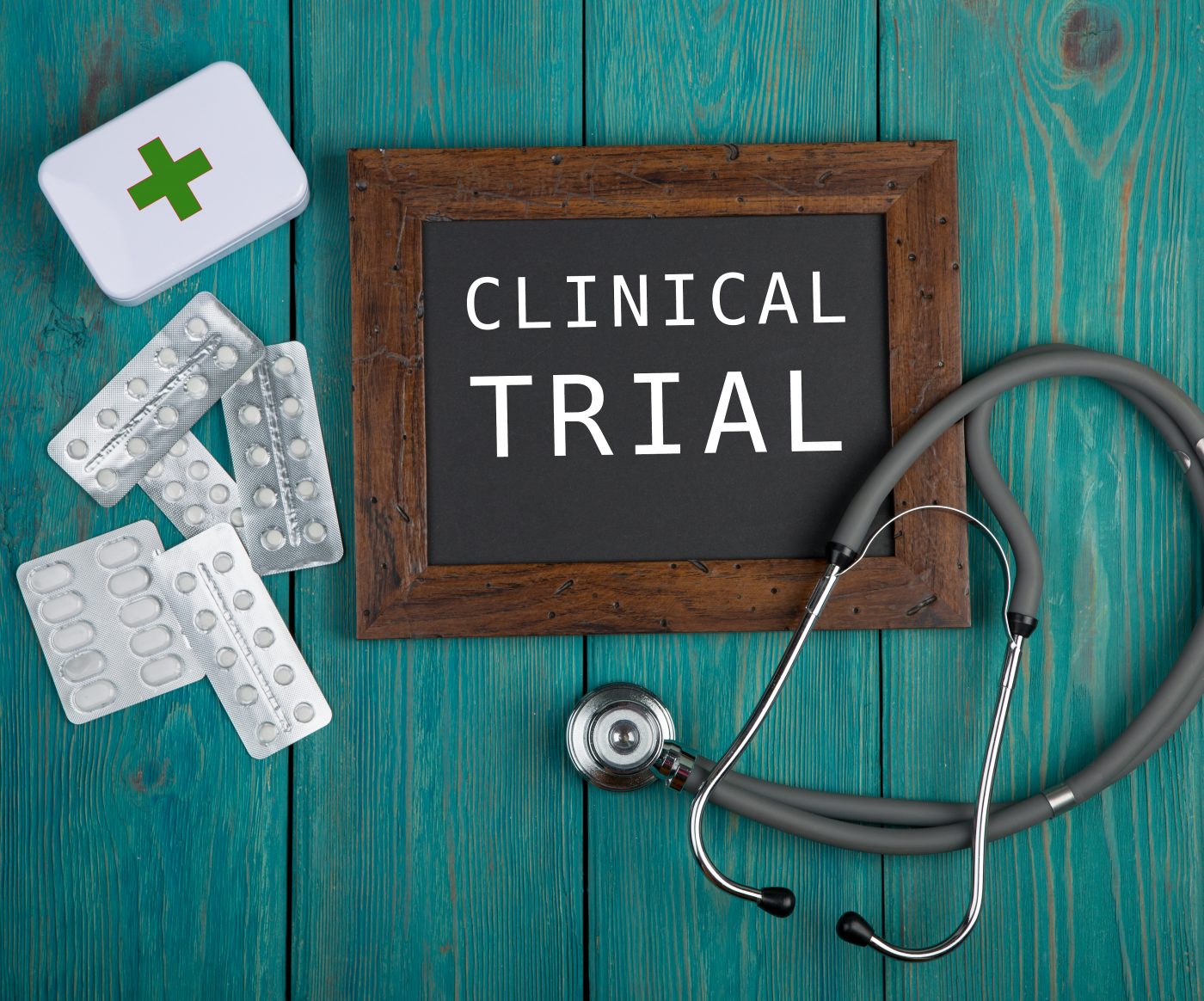Phase 1 Trial of Potential Oral Treatment for LGMD2i Doses 1st Volunteer

A Phase 1 clinical trial of BBP-418, a potential first oral therapy for limb-girdle muscular dystrophy type 2i (LGMD2i), has dosed its first healthy volunteer, ML Bio Solutions announced.
The company also announced that children and adults with a confirmed LGMD2i genetic diagnosis are invited to join a natural history study that will help in designing more effective patient clinical trials.
BBP-418, also known as ribitol, is a small molecule designed to deliver a prodrug — a precursor molecule — designed to change inside the body into the sugar component of alpha-dystroglycan that is missing in people with LGMD2i.
Its lack impairs the production of a working alpha-dystroglycan protein, which anchors muscle cells to tissues and protects muscles from damage and degeneration.
Preclinical data in a mouse model of severe LGMD2i showed that BBP-418 effectively restored the levels of functional alpha-dystroglycan in skeletal, cardiac, and diaphragm muscles, improving lung and physical function, and easing fibrosis (scarring).
BBP-418 has been designated an orphan drug by the U.S. Food and Drug Administration (FDA) for the treatment of LGMD2i. This designation is meant to accelerate the therapy’s clinical development by providing regulatory support and financial benefits, and ensuring seven years of marketing exclusivity in the U.S. should it be approved.
ML Bio Solutions, a subsidiary of BridgeBio Pharma, opened this Phase 1 trial of BP-418 in volunteers after FDA agreed to its request for study, made in the form of an investigational new drug application, in March.
“The FDA’s acceptance … marks a turning point for patients with LGMD2i, who currently have no targeted treatment options,” Uma Sinha, PhD, chief scientific officer of ML Bio Solutions and BridgeBio, said in a press release. “The start of the Phase 1 trial brings us one step closer to translating its potential to change the course of [this disease].”
The study will evaluate the safety, tolerability, pharmacokinetics — the movement of a drug into, through, and out of the body— of single and multiple doses of BBP-418, ML Bio Solutions reported in its release.
Results analyzed will help in selecting the appropriate dose or doses of BBP-418 for future clinical trials in LGMD2i patients.
The natural history study (NCT04202627) is now enrolling up 80 LGMD2i patients, ages 10 to 65, at 11 sites across the U.S. and one site in Denmark. The GRASP-LGMD consortium based at Virginia Commonwealth University is leading this no-treatment study, in collaboration with ML Bio Solutions.
GRASP-LGMD, an international consortium, includes neuromuscular specialists, scientists, geneticists, physical therapists, informaticians, and patient advocates, and has as its goal advancing LGMD research and treatment.
The natural history study is designed to gather information on LGMD2i’s natural course, identify the best possible outcome measures for clinical trials, and validate potential disease biomarkers that may help inform future trials.
“Data from the ongoing [natural history] and Phase 1 studies, guidance from our world-class scientific and clinical advisors, and feedback from the FDA and other regulatory authorities will inform and accelerate development of BBP-418 to address a critical unmet need for new treatment options in LGMD2i,” said Douglas Sproule, MD, ML Bio Solutions’ new chief medical officer.
Sproule, a pediatric neuromuscular specialist, was most recently AveXis’ vice president of clinical development and spinal muscular atrophy therapeutic area head.
Kathryn Bryant, CEO and founder of the Speak Foundation, a patient-led organization for people with LGMD, said that the therapeutic potential of BBP-418 “represents a beacon of hope for our community.”
“We stand ready to provide guidance about the needs and experiences of patients and caregivers to inform development of BBP-418 to ensure it can have the maximal potential impact and benefit for patients,” Bryant added.






